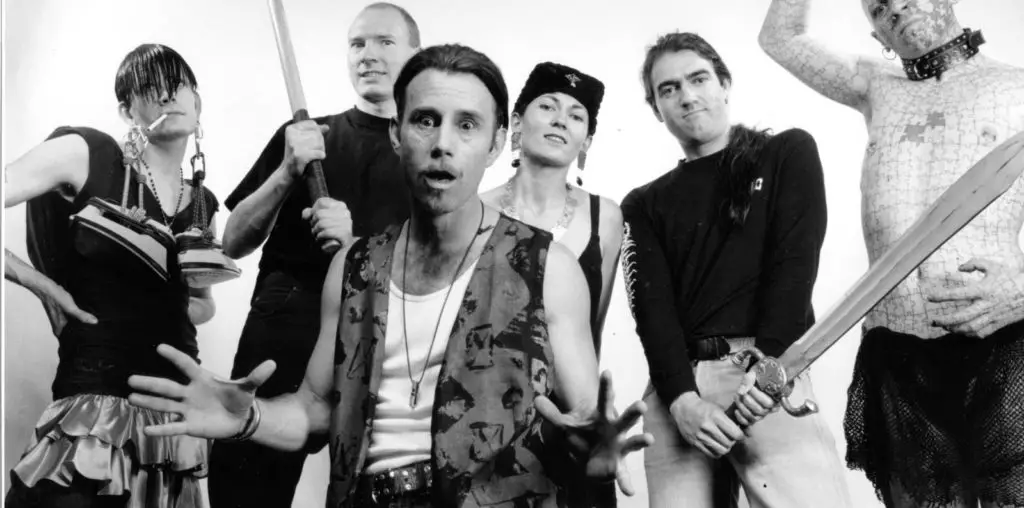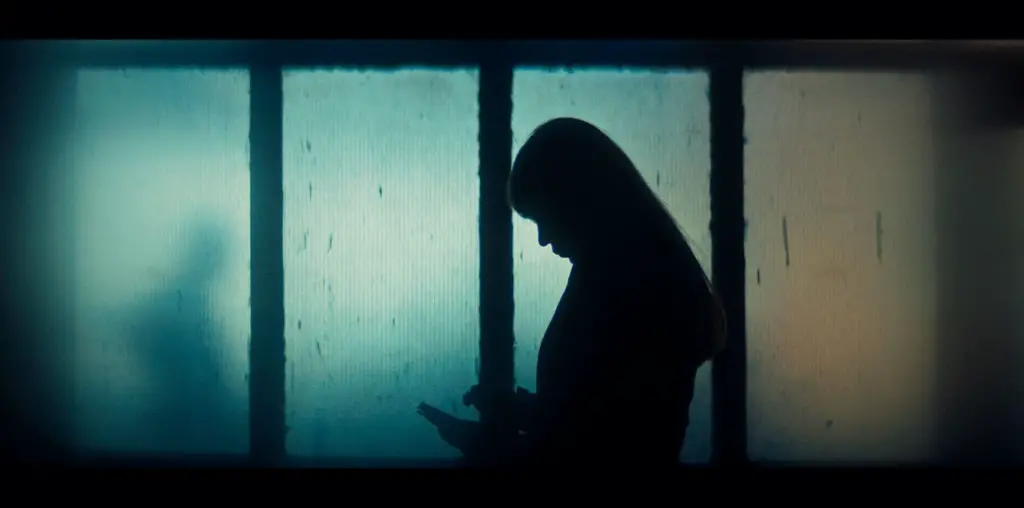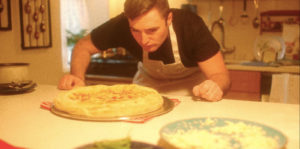
Capitalism is not the problem with America. It’s corporations. These mega-corporations are so large that they can take advantage of the little guy and then hide behind an army of slimy corporate lawyers. Stefano Da Fre’s documentary, Stolen Dough, is a David and Goliath story in the cut-throat pizza world.
Anthony Mongiello is the son of a pizza maker. In the 1980s, they invented an innovative new pizza crust. They would take sticks of mozzarella cheese, line the outer rim of the dough with the sticks, and fold it over before baking. They dubbed it the “stuffed pizza crust.”
The Mongiellos patented the process in 1987 and approached all the major pizza chains, hoping to strike a partnership. The only one to show the slightest bit of interest was Pizza Hut. After reviewing the patent and offer, Pizza Hut declined Mongiello’s proposition. Anthony then went on his way.
In 1995, Pizza Hut ran a national commercial (one featuring Donald Trump) debuting their new “Stuffed Crust Pizza.” Pizza Hut had stolen his father’s invention in broad daylight. After being approached by Pizza Hut for a measly $50K to “make it go away,” he went into a deep depression…like deadly deep. With his brother and friends’ encouragement, Anthony decided to armor up and sue Pizza Hut.
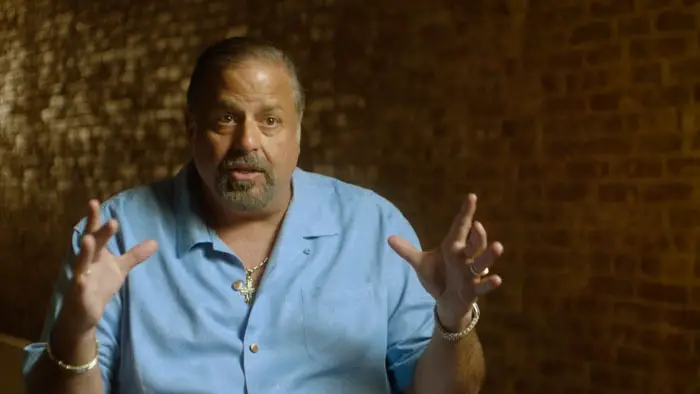
“Pizza Hut had stolen his father’s invention in broad daylight.”
For many of us to make a living online, criticizing and battling against the big Hollywood and internet giants, Stolen Dough serves as a cautionary tale about just how giant these mega-corporations are and how virtually impossible it is to not only battle them in court but squeeze a penny of restitution out of them.
Mongiello’s story is told in talking head interviews with Anthony, his brother Lawrence, and their attorney, Paul Sutton. For a bit of color commentary, archival news footage and Anthony’s VHS deposition are brought into evidence. Lastly, to get a sense of Anthony’s frustration, several moments are brought to life in re-enactments, including the numerous phone calls Anthony made to pizza companies as well as the failed settlement meeting.
That said, Stolen Dough isn’t precisely cinematic art, especially compared to the litany of true crime documentaries on Netflix and other streamers. Its lack of budget is clear, even with its partnership with the Russo Brothers National Film Forum. The title slides are pretty basic (not made by high-priced graphic designers), and the re-enactments leave much to be desired.
I’ll say this: message trumps art. In the case of Stolen Dough, this is a story that has to be told. We have to be reminded of the dangers of capitalism at its absolute worst and how much power corporations have to steal our ideas without regard, drain our resources (i.e., cash) through endless litigation, and influence the judicial system (i.e., corruption) for the sake of corporate justice.
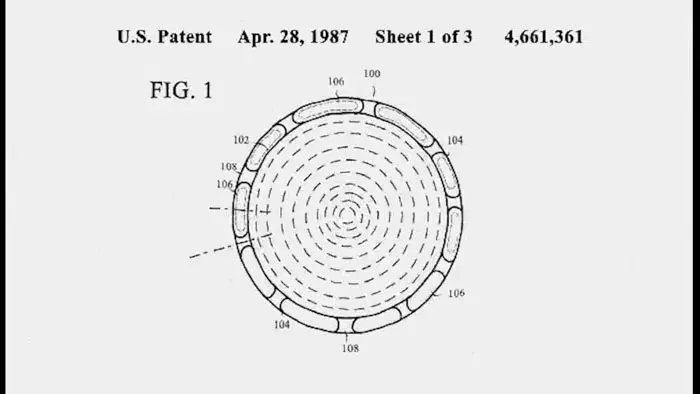
"…reminded of the dangers of capitalism at its absolute worst..."
